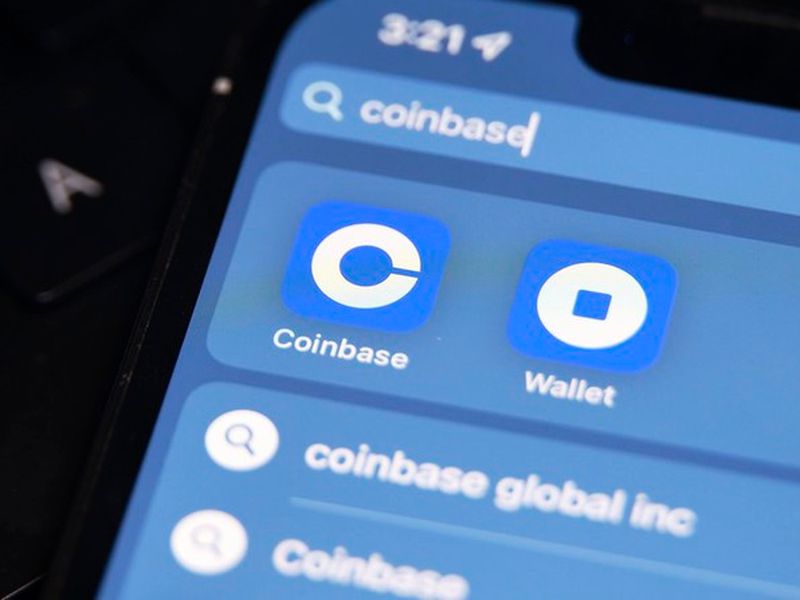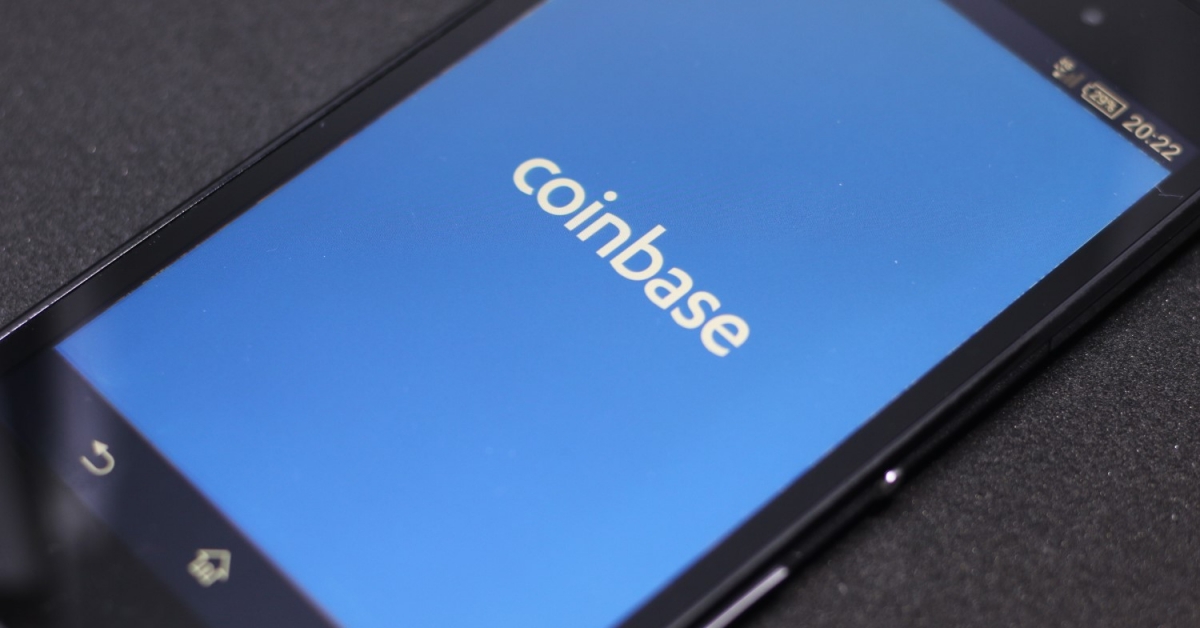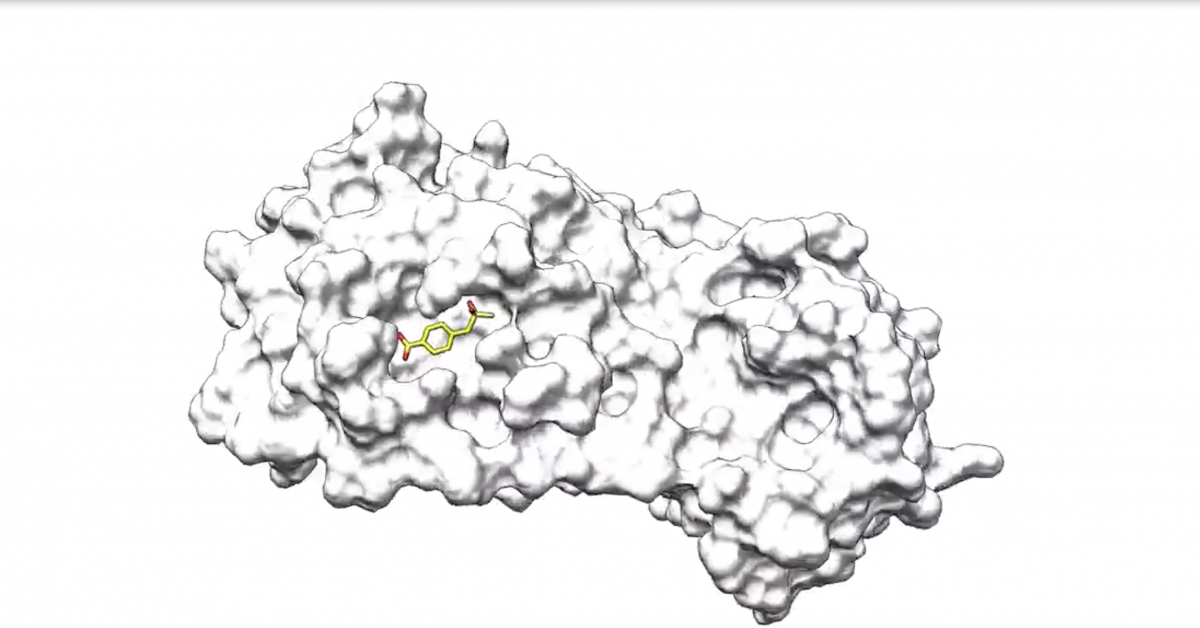Bitcoin Protocol Babylon Pulls in $1.5B of Staking Deposits as Cap Lifted
-
Bitcoin protocol Babylon completed its second staking round on Tuesday, increasing deposits to about 24,000 BTC ($1.5 billion) from about 1,000 BTC previously.
-
The staking round was “duration-based,” meaning it lasted for 10 Bitcoin blocks.
Babylon, a Bitcoin staking platform billed as a new way of providing the original blockchain’s security to new protocols and decentralized applications, pulled in about $1.5 billion worth of bitcoin on Tuesday after briefly opening to additional deposits.
The uptake could show robust demand for a growing decentralized finance (DeFi) ecosystem atop the 15-year-old Bitcoin blockchain, previously confined to alternative networks like Ethereum and Solana.
According to Babylon staking dashboard, some 18,601 BTC had already been staked as of 20:03 UTC (4:03 p.m. ET), with an additional 5,419 BTC pending in the staking queue.
The cap was lifted for about 10 Bitcoin blocks over the course of one hour and 23 minutes, with the only restriction being that users could only stake up to 500 BTC per transaction. (Many transactions are typically included in each block.)
Because of that structure, the round of new staking deposits was described as “duration-based,” in a departure from the initial opening in August, where the cap was set at a fixed 1,000 BTC and filled up in an hour and 14 minutes.
:format(jpg)/cloudfront-us-east-1.images.arcpublishing.com/coindesk/G4R5Y57MTJEATKAEVP3D3RN45E.png)
Babylon’s aim is to allow proof-of-stake chains to acquire capital from the deep reserves stored in BTC.
It is one of a large number of initiatives aimed at introducing utility to Bitcoin – commonplace on networks such as Ethereum but historically largely absent from the world’s first blockchain.
The project turned heads in May this year when it completed a $70 million funding round, following an $18 million round the previous December.
Disclosure
Please note that our
privacy policy,
terms of use,
cookies,
and
do not sell my personal information
have been updated
.
CoinDesk is an
award-winning
media outlet that covers the cryptocurrency industry. Its journalists abide by a strict set of
editorial policies.
CoinDesk has adopted a set of principles aimed at ensuring the integrity, editorial independence and freedom from bias of its publications. CoinDesk is part of the Bullish group, which owns and invests in digital asset businesses and digital assets. CoinDesk employees, including journalists, may receive Bullish group equity-based compensation. Bullish was incubated by technology investor Block.one.
:format(jpg)/s3.amazonaws.com/arc-authors/coindesk/f22b7b33-3453-471b-9db5-9f17af90a499.png)
Bradley Keoun is the managing editor of CoinDesk’s Tech & Protocols team. He owns less than $1,000 each of several cryptocurrencies.
Follow @Liqquidity on Twitter
:format(jpg)/s3.amazonaws.com/arc-authors/coindesk/008ae87f-5c6e-412b-816b-ded600ac5054.png)









